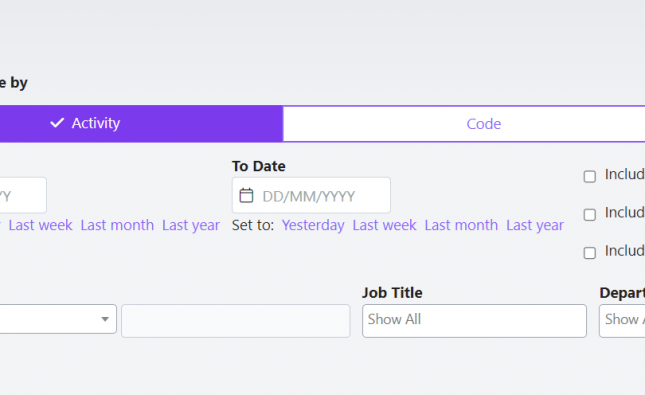Stress is a big problem for people at work. And the cost to employers is enormous. A few shocking statistics summarise the size of this problem:
- 440,000 people in the UK reported that work-related stress was making them ill (according to the Health and Safety Executive)
- 11.7 million working days were lost in 2015/16 due to stress
- 23.9 days are lost, on average, for every stressed employee
- 45% of all working days lost to illness are due to stress
Clearly, stress is a huge problem for working people and their employers. But what exactly is stress, and what can employers do about it?
One definition of stress is ‘an adverse reaction to excessive pressures and demands’. Stress is felt when someone is struggling under the weight of expectations, rather than thriving under pressure. Stress can result in a wide range of symptoms, including a racing heart, palpitations, loss of appetite, trouble sleeping and depression.
Stress can be triggered by a wide range of factors, but common causes include overwork, lack of support, intimidation, bullying and a hostile working environment.
For some individuals, stress becomes a problem when things change at work, such as when their team changes, or when their workload increases. A sense of instability or unclear expectations can leave employees feeling unsupported and anxious.
Unsurprisingly, given the enormous cost of stressed employees, many organisations look for ways to reduce the risk. So what can employers do to support their teams?
A positive first step is to discuss the issues with senior managers, and ensure that they understand the causes and treatments of stress. Training is important, in part because stress can be difficult to identify, difficult to understand and difficult to treat. Senior buy-in helps ensure that a positive, supportive environment permeates down from the top.
Employers can encourage people to talk about stress and acknowledge that sometimes, situations at work can lead us to feel stressed. Employees should be given advice on coping with stress and training to help them spot potential causes. This can help people sidestep potential dangers before they become overwhelming. For example, an individual who is becoming overworked might recognise the beginnings of stress and decide to raise their concerns with their line manager. Together, the pair might agree to delegate some work to a colleague, and perhaps take a short break from work.
For some colleagues, time management training may help them manage their workload differently and prevent feeling stressed. For others, resilience training may help people to cope with stresses at work. This might mean changing their lifestyle, diet or exercise routines to help them relieve the stress they encounter at work. It might also mean taking a break from work, or turning to friends and family for support in times of stress. By learning how to become more resilient, people can gather tools to use when times are difficult.
So while stress might seem like an enormous, inescapable challenge for working people, evidence suggests that there are solutions, and that a little training can go a long way in preventing stress-related absences from work. By simply making employees feel supported, aware of the dangers of stress and capable of developing their own resilience, employers can reduce the impact of stress on their workforce.
VinciWorks provide a number of resources dedicated to identifying stress and managing stress both on an individual level and within a team.
Online Stress Management courses include:
Managing your Personal Stress
Identifying Stress in your team
Managing Stress in your team


